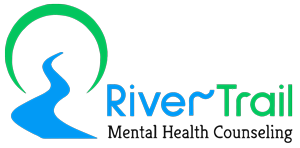Depression and Anxiety
Diagnosis
Treatment options
Therapy: Psychotherapy, also known as talk therapy or counseling, is often the first line of treatment for children with depression and anxiety. Different types of therapy may be used, such as cognitive-behavioral therapy (CBT), which helps children identify and change negative thought patterns and behaviors. Play therapy can be effective for younger children, allowing them to express their emotions through play.
Medication: In some cases, when the symptoms are severe or not responding well to therapy alone, a doctor or psychiatrist may prescribe medication to help manage depression and anxiety. However, medication is usually considered as a second-line treatment for children and is typically used in combination with therapy.
Lifestyle changes: Encouraging a healthy lifestyle can have a positive impact on a child's mental well-being. This includes promoting regular exercise, a balanced diet, and sufficient sleep. Reducing stressors in the child's environment, such as academic pressure or excessive extracurricular activities, can also be helpful.
Parental involvement and support: Parents play a crucial role in supporting their child's mental health. Educating yourself about depression and anxiety, fostering open communication, and providing emotional support can make a significant difference. Family therapy may also be recommended to address any family dynamics or issues that may contribute to the child's symptoms.
School involvement: Collaboration with the child's school can be essential in supporting their mental health. Informing teachers and school counselors about the child's condition can help them provide appropriate accommodations and support in the educational setting.
“You are allowed to feel messed up and inside out. It doesn’t mean you’re defective – it just means you’re human.”
– David Mitchell

More productivity Less burn out...

